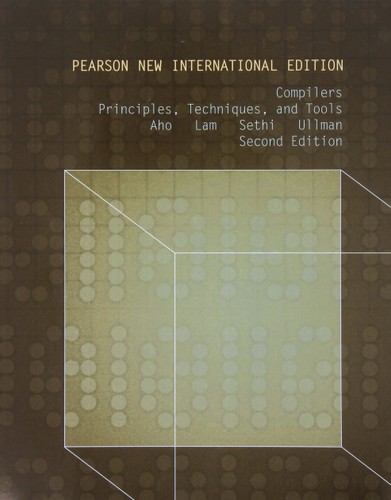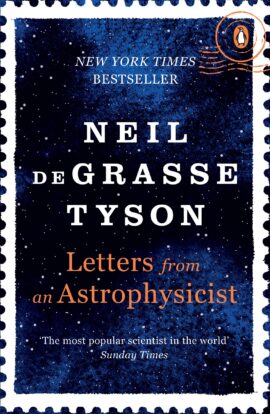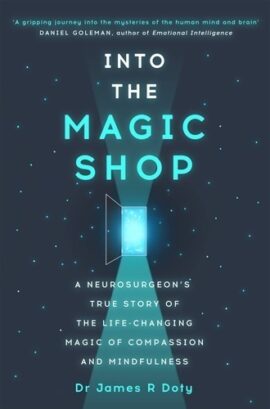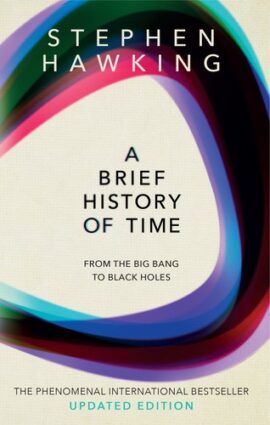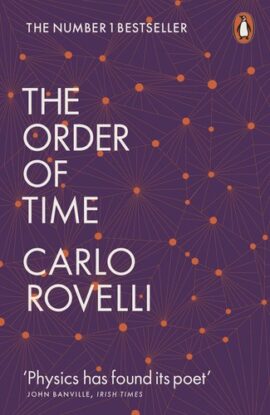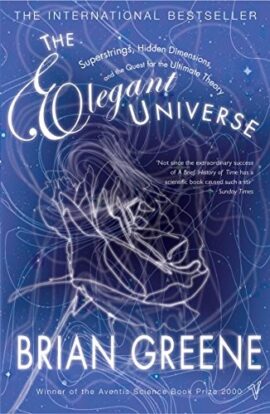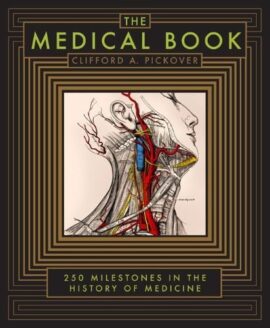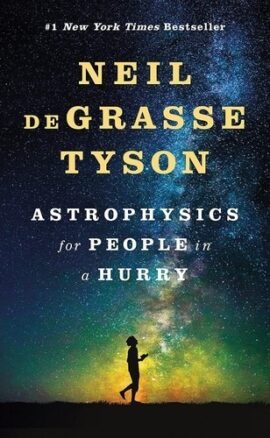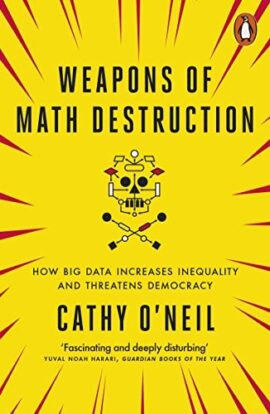Compilers: Principles, Techniques and Tools
21.900,00 د.ج
Compilers: Principles, Techniques and Tools, known to professors, students, and developers worldwide as the « Dragon Book, » is available in a new edition. Every chapter has been completely revised to reflect developments in software engineering, programming languages, and computer architecture that have occurred since 1986, when the last edition published. The authors, recognizing that few readers will ever go on to construct a compiler, retain their focus on the broader set of problems faced in software design and software development.
New chapters include:
Chapter 10 Instruction-Level Parallelism
Chapter 11 Optimizing for Parallelism and Locality
Compilers: Principles, Techniques and Tools, known to professors, students, and developers worldwide as the « Dragon Book, » is available in a new edition. Every chapter has been completely revised to reflect developments in software engineering, programming languages, and computer architecture that have occurred since 1986, when the last edition published. The authors, recognizing that few readers will ever go on to construct a compiler, retain their focus on the broader set of problems faced in software design and software development.
New chapters include:
Chapter 10 Instruction-Level Parallelism
Chapter 11 Optimizing for Parallelism and Locality
| Editeur |
|---|
Produits similaires
Letters from an Astrophysicist
Join the galactic conversation on the biggest issues in the universe, from the 'most popular scientist in the world'
‘Don't fear change. Don't fear failure. The only thing to fear is loss of ambition. But if you've got plenty of that, then you have nothing to fear at all’ – Neil deGrasse Tyson
Neil deGrasse Tyson is arguably the most influential, acclaimed scientist on the planet. As director of the Hayden Planetarium, and host of Cosmos and StarTalk, he has dedicated his life to exploring and explaining the mysteries of the universe.
Every year, he receives thousands of letters – from students to prisoners, scientists to priests. Some seek advice, others yearn for inspiration; some are full of despair, others burst with wonder. But they are all searching for understanding, meaning and truth.
His replies are by turns wise, funny, and mind-blowing. In this, his most personal book by far, he covers everything from God to the history of science, from aliens to death. He bares his soul – his passions, his doubts, his hopes. The big theme is everywhere in these pages: what is our place in the universe?
The result is an awe-inspiring read and an intimate portal into an incredible mind, which reveals the power of the universe to start conversations and inspire curiosity in all of us.
Into The Magic Shop
A Brief History of Time: From the Big Bang to Black Holes
These are just some of the questions considered in the internationally acclaimed masterpiece by the world renowned physicist - generally considered to have been one of the world's greatest thinkers. It begins by reviewing the great theories of the cosmos from Newton to Einstein, before delving into the secrets which still lie at the heart of space and time, from the Big Bang to black holes, via spiral galaxies and strong theory. To this day A Brief History of Time remains a staple of the scientific canon, and its succinct and clear language continues to introduce millions to the universe and its wonders.
The Order of Time
With his extraordinary charm and sense of wonder, bringing together science, art and philosophy, Carlo Rovelli unravels this mystery, inviting us to imagine a world where time is in us and we are not in time.
Astrophysics for People in a Hurry
The essential universe, from our most celebrated and beloved astrophysicist.
What is the nature of space and time? How do we fit within the universe? How does the universe fit within us? There’s no better guide through these mind-expanding questions than acclaimed astrophysicist and best-selling author Neil deGrasse Tyson.
But today, few of us have time to contemplate the cosmos. So Tyson brings the universe down to Earth succinctly and clearly, with sparkling wit, in tasty chapters consumable anytime and anywhere in your busy day.
While you wait for your morning coffee to brew, for the bus, the train, or a plane to arrive, Astrophysics for People in a Hurry will reveal just what you need to be fluent and ready for the next cosmic headlines: from the Big Bang to black holes, from quarks to quantum mechanics, and from the search for planets to the search for life in the universe.

